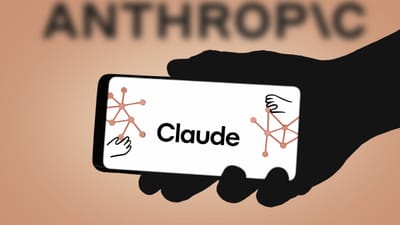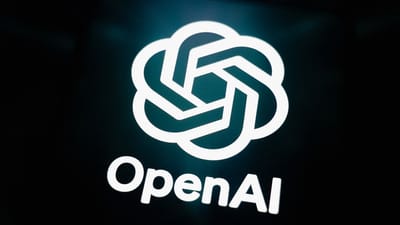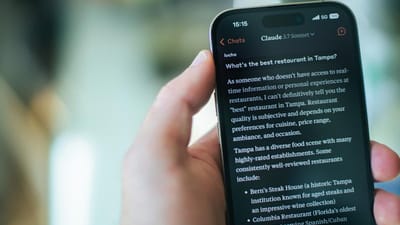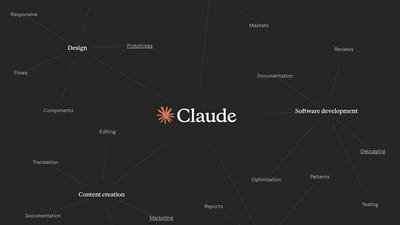
Anthropic Revises Safety Commitment, Shifts to Transparency Reports
Anthropic has abandoned its earlier pledge to halt training and releasing frontier AI models until it could guarantee safety mitigations. The company now relies on detailed safety roadmaps, regular risk reports, and transparency disclosures instead of strict pre‑conditions. Executives describe the change as pragmatic, while critics argue it highlights the limits of voluntary safety promises without regulatory oversight. The new policy aims to keep Anthropic competitive while still emphasizing safety, but observers note that the shift may signal a broader industry move away from self‑imposed restraints.










